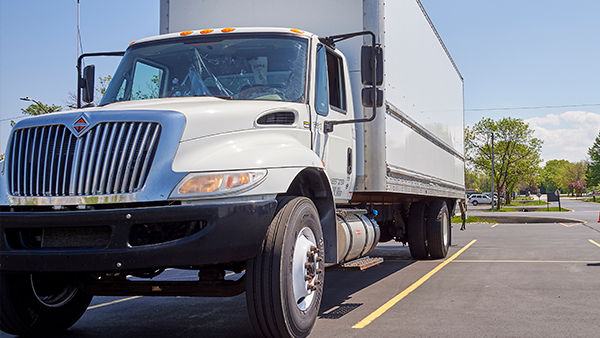Owner-Operators: Avoid These Record Keeping Traps
Daren Hansen, Sr. Editor - Transportation Safety
July 15, 2021

Owner-operators often need to wear many hats, including driver, mechanic, dispatcher, and safety director. When it comes to DOT compliance, “recordkeeper” is another vital role.
If you’re an owner-operator working under your own authority, you are both employer (motor carrier) and employee (driver) and you must comply with the many documentation requirements that come with each role. Failure could lead to fines and other serious penalties.
If you’re your own boss, avoid these common recordkeeping violations:
Failing to keep a complete driver qualification (DQ) file
There’s no exception for an owner-operator. You must fill out your own driver application, get your safety record from your previous employers, obtain and review your driving record each year (and document that review), undergo a road test, file a copy of your medical card, fill out an annual list of your violations, document your traffic convictions, and so on.
Failing to keep testing records
You need to have someone else manage your DOT drug & alcohol testing program, but that doesn’t mean you don’t need to keep (and/or be able to get) all required testing records.
Failing to run Clearinghouse queries
You must obtain your own pre-hire and annual report from the Drug & Alcohol Clearinghouse.
Failing to keep a complete vehicle file
All motor carriers, including owner-operators, must keep a complete record of their vehicle inspection and maintenance activities, as well as an accident register. This includes proof that you’re qualified to do your own annual inspections and brake work, if you perform those tasks.
If you don’t have the required records, you may want to enlist help to create and manage them — before you’re audited.
Who is the motor carrier?
One key to compliance is knowing who the motor carrier is for every job you take. If you lease on to another motor carrier and operate under their DOT number, that company is responsible for keeping your records and proving that you’re in compliance, the same as if you were their employee.
In practical terms, this means they need to have a DQ file for you and enroll you in their DOT testing program, as well as having copies of your inspection and maintenance records, your Clearinghouse report, your hours-of-service records, and other compliance documents.
If you’re an owner-operator, don’t let recordkeeping mistakes sink your business. Always keep track of who’s responsible for maintaining your compliance paperwork. When it’s you, make sure your recordkeeping system is up to task, or seek help if you get in over your head.
Let J. J. Keller assist in managing your driver or vehicle compliance or call 888.473.4638 for more information.